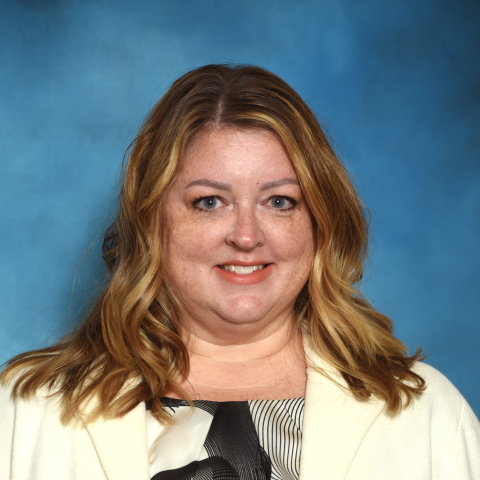
A U.S. Army veteran came home to a professionally designed home in calming shades of blue and gray, and a stocked kitchen with stainless steel appliances. A mother and her kids, after leaving a domestic violence situation, walked into a fully furnished apartment to start their new lives. A family with three young boys — who traveled 6,000 miles to find refuge in the U.S. — exclaimed with joy when they saw the sports- and space-themed bedrooms for the kids.
These are not reveals from an HGTV show. These transformations are happening in homes throughout metro Detroit thanks to Humble Design Detroit. And UM-Dearborn students spent a semester supporting these types of life-changing makeovers for people who had previously experienced homelessness.
Humble Design is a national nonprofit that started in Michigan in 2009. Through its five warehouses nationwide, Humble Design uses donated and repurposed furniture, paint and more to custom design and fully furnish home interiors for individuals, families and veterans emerging from homelessness. Students in the College of Business’ “Managerial Communication” course partnered with Humble Design Detroit to help with awareness campaigns, fundraising and more.
Lecturer Jennifer Coon, a long-term volunteer for Humble Design, recently redesigned the course, with support from UM-Dearborn’s Hub for Teaching and Learning Resources, and with project-based learning and community service in mind.
“It might seem like it’s only going from an air mattress to a bed, a little painting on the wall or adding dishes to the kitchen. But it is much more than that. It’s transformative for the people who have gotten to that point in their lives and in their journey. Statistics show that up to 50% of people return to homelessness one year after securing housing. Among Humble Design’s clients, that number is less than 1%,” Coon says. “This is important for the greater community because a stable home is shown to increase graduation rates for the children and reduce recidivism among formerly homeless adults.”









